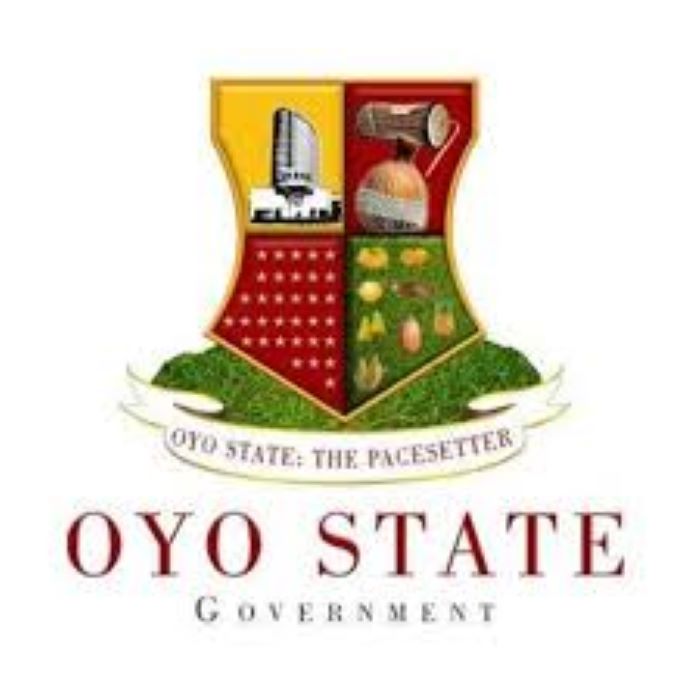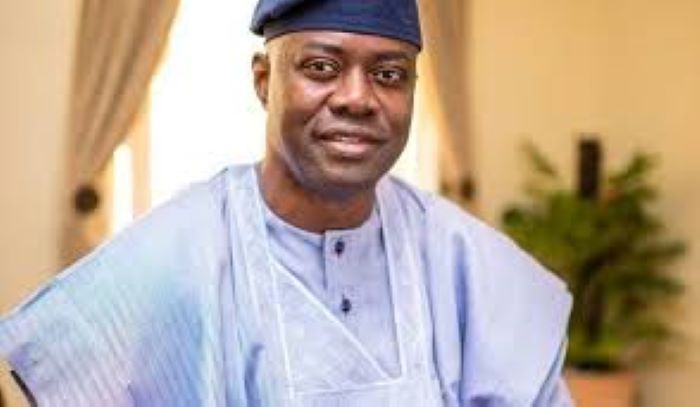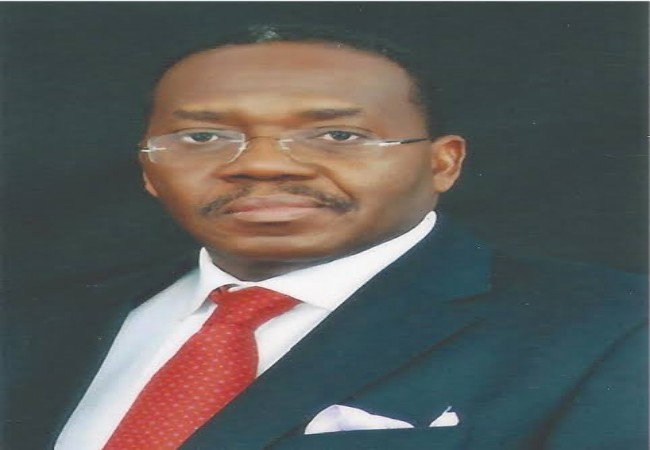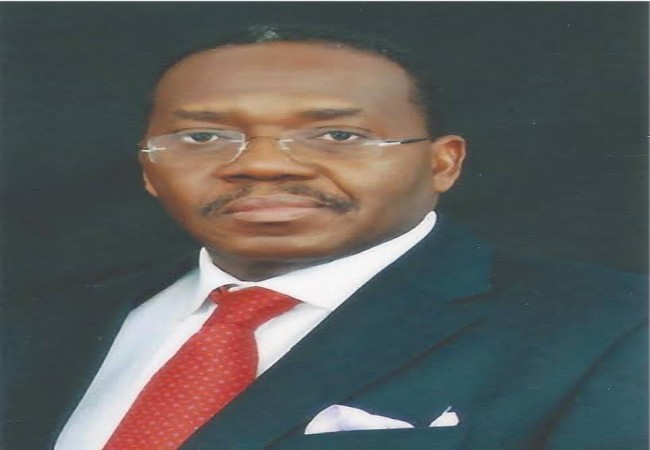By Amb Boladei Igali
THE BACK STORY
Known towards the closing years of his life as the author of the famous book “Down the River Nun”, which no less than the great poet Gabriel Okara had fantasized about, His Royal Highness, Chief Nicholas Abo Frank-Opigo, would for all times be remembered as one of Ijaw nation’s greatest ever. Although this book was a reminiscence of his ebullient life’s journey covering diverse fields, it clearly stands in a class of its own, akin to epic-dramas, J P Clark’s “Ozidi” and Okara’s “Fisherman’s Invocation,” in depicting the Ijaw microcosmos. On Sunday, 19th April, 2020, many around the world, especially Frank-Opigo’s progeny and friends, mark the tenth anniversary of his departure.
A pioneer university graduate, a pioneer educationist, pioneer politician, a pioneer Federal Law Maker, pioneer Chief Executive of what is today Bayelsa (then known as Yenagoa Province), a traditional ruler, writer, historian, etc. Like many great men of his genre generation, Frank-Opigo’s life is poignant, with many interesting moments and high points of triumph and fête, but no less of ache and mistaken portrayal.

A TYPICAL IZON BOY ON THE BANKS OF RIVER NUN
Born in 1926, into a privileged family of King Dawai who, 200 years ago, had ruled the Oporoma Clan, known as one of the epicentres of Ijaw civilization. Like most others of is time, his youthful days were full of fantasy and adventure around the fast disappearing luxuriant deltaic environment of the great River Nun, one of the main tributaries of the River Niger. Just like the Amazon River, most early European explorers found the delta of the River Niger, with its unique richness of aquatic life, fauna and even rare birds, some form of Eldorado until the almighty “black gold” was found in the area in the 1950s. The River Niger, which starts from the Fouta Djallon hills and snakes for 2, 600 kilometres miles, bifurcates into the River Forcados, which traverses the territories of Western Ijaws, Urhobos, Isokos, Kwales, etc. and River Nun, it’s twin passes through the heart of Ijaw territory and washes into the Atlantic Ocean around Brass. Historically, this is what the great explorers Mungo Park, Hugh Clapperton, as well as the John and Richard Lander, and the many others at great peril to their lives, tried to “discover”. Many writers of History note that Angiama, in Southern Ijaw Local Government of Bayelsa State, the home town of Frank-Opigo, is where, was well visited by Richard Lander.
But growing up in a typical Ijaw settlement for Frank-Opigo was not only pleasurable but an unending voyage of adventure. Fishing and harvesting all manner of fresh water species with relatively little ease, farming in, perhaps, the world’s best alluvial soil where inorganic matter had no place. Even more interesting was a life of regular relation through swimming, daily bouts of intra-family or peer group wrestling or intra-communal and inter-communal wrestling festivals. With the clamour for western education and the monetization of the hitherto peaceful subsistence living was the need for all young men worth their fathers’ names and family ‘kule’ (Ijaw praise name), Frank-Opigo joined the bandwagon of climbing palm trees, harvesting same, processing it into palm oil and preparing the kernel for sale to European companies, like United African Company, (UAC) which had offices and commissioned agents all around the delta. Most early educated Ijaw sons and daughters all got western education through the sale of palm produce. It was, as it were, a rite of initiation, perhaps as Cocoa was to a typical Yoruba or Rubber to a Bini or Groundnut to a Hausa of the time.
The engagement in Palm business came as a result of the introduction of “Legitimate Trade” by the British Government in the 1800 following the abolition of Slave Trade in 1807 and Slavery in 1833, both by the British Parliament. This is why the area became known as “Oil Rivers Protectorate” in 1884, when the British decided to embark on gunboat diplomacy and colonial conquest. By a twist of destiny, the same area – the Niger Delta – finds itself in some other form of internal conquest with its Crude Oil being carted away for over 60 years now with little footprint in terms of development of the area. History, they say, has a way of repeating itself. The same way the Niger Delta leaders of old, like King Koko of Nembe, King Ibanichuka of Okrika, King Jaja of Opobo, Nana of Itsekiris and others fought them, so, over 120 years, is the allegory of the Niger Delta Struggle and the emergent heroism of the types of High Chief Government Ekpemupulo, alias Tompolo.
PADDLING THROUGH THE CREEKS IN SEARCH OF KNOWLEDGE
Due to their coastal location, the people of the Niger Delta were amongst the set of Africans to have contact with Europe. When the Portuguese came in the 15th century, they mixed with the various ethic groups, especially the Ijaws, Itsekiris and Binis. The Bini King Oba Esegie opened diplomatic relations with them and sent his son and successor, Oba Orhogbua to Portugal to study in the 16th century. However, after that it took another 400 years for an Ijaw Prince who later became King George Pepple (Perekule VII) to go to study in London. But the abolition of Slave Trade and penetration of missionaries, especially from the Church Missionary Society (CMS) of the Church of England into the Nigeria Delta, led by Bishop Samuel Ajayi Crowther, led to the spread of western education and the establishment of schools. Schools which were attached to church life sprang up. St Luke’s Nembe, St Barnabas, Brass, St Stephen’s Bonny. By 1870s Prince George Ockyiya, who was also a Nembe man of blue blood, studied in England. But most of these efforts were in the eastern delta, for geo-strategic reasons, being on the Atlantic springboard. This produced such Ijaw pioneers of knowledge as TK Cameroon, First Secretary General of the Nigerian Union of Teachers (NUT), Reginald Agiobu-Kemmer, a one-time Principal of Kings College, Feniobu Ajumogobia, Former Director-General of UNESCO, Dr. Isaac Dagogo Erekosima, First African Principal of Government College, Umuahia, Dr SJS Cookey, First African Principal of Dennis Memorial College, Onitsha.
However, missionary penetration took hold in the central delta in the early 1900s and schools began to spring up in most communities at the basic primary level. Frank-Opigo got his first introduction into western education, through a goulash of English and vernacular at his own Angiama community. As was the custom, he had to move to a bigger school in a nearby town to read up to Standard Three. In his own case and as most people in present Southern Ijaw Local Government Area of Bayelsa State, it was only at St Johns School, Ekowe, or at St Stephen’s Primary School, Amassoma. On completion at Ekowe, he had to move up the River Nun to the faraway District headquarters, at Kaiama town, in Northern Ijaw, where there was a school that had senior primary education – Proctor Memorial Primary School. Interesting enough, Angiama is just across his own big town, Oporoma, the Divisional headquarters, but there was no school there at that level for years. In compensation, Oporoma, was given the first Secondary School in SILGA in 1960s.
Rather than return home to take up royal engagements or continue the family legacy of palm oil trade, farming and fishing, Frank-Opigo passed high and secured a place in the newly established Okrika Grammar School. This school, established in 1940, like Government College Umuahia before it, was supposed to be for high flying young men from Rivers area and came only next to Enitonna High School, which was established by a missionary in 1932. In the subsequent Cambridge Examinations, Frank-Opigo came on tops with Grade One amongst the few from OGS who wrote the examination at Kaiama and Yenagoa.
At all these various locales, academic hard work and cutting of palms during holidays was key to being able to remain on top of the academic rolls and pay for school expenses. He always, also, had to paddle his way from the remoteness of Angiama, up and down the River Nun and the various creeks and rivulets during the holidays. But then, these were indispensable stages of the life formation process for a typical young Ijaw man of his time and ilk.
“FRANCO AND THE PIONEERS OF UNIVERSITY OF IBADAN ”
With the completion of secondary education, in those days and still now, in the Niger Delta and indeed in Nigeria, where there is so much wealth to automatically proceed to higher education, the absence of scholarship schemes, education grants, bursaries, forced such young people to seek jobs. He therefore got a job in the Colonial Customs Service between in 1945. His stay in the Customs Service in Lagos and later Burutu in the Old Warri Division, where inter-ethnic politics were rife amongst the various groups, also introduced him to the intricacies of Nigerian politics, and obviously prepared him for active engagement in public service as a politician in the years ahead.
Frank-Opigo, armed with a good School Certificate, got scholarship into Nigeria’s pioneer University of Ibadan in 1949 as one of the pioneer students. It should be pointed out that, although Ibadan was established in 1948, its doors were open to students early 1949. Indeed, along with people as Amb. Joe Iyalla, he was one of the first Ijaws to enter Ibadan. Records have it that, in those early days, such famous alumni as Amb. Joe Iyalla, Chinua Achebe, Bola Ige, Meredith Akinloye, Wole Soyinka, Christopher Okigbo, Amb. B. A. Clark and his younger brother, J. P. Clark, Tekena Tamuno, Elechi Amadi, were his contemporaries and successors. He was an all-rounder and quite famous known simply as “Franco”.
As once attested by Prof. J. P Clark, “Franco was slightly older in age and therefore a rallying point for we the Ijaws at the time”. While in Ibadan, he was at the time also in touch with the “Ijo Union” in Lagos and even Kano. Further, Ibadan was a good theatre for political incubation, as he could find time to go to good old Mapo Hall to listen to the debates and political maelstrom between the intellectually vivacious, Chief Obafemi Awolowo and his opponents.
On graduation, again in flying colours, he relocated home to try his hands at politics as elections became due in 1953 into the Eastern Regional House of Assembly. Unsuccessful at the nomination stage, he briefly took up a job as a classroom teacher at Baptist High School in Port Harcourt. He left in 1954 to try his hands again at politics. He lost the nomination yet again within his own Zikist Party, the NCNC, and the party’s eventual candidate and incumbent, Rev. Bens, lost to the young Melford Okilo of the local Niger Delta People Congress, a party hurriedly formed by the inveterate patriot Chief Harold Dappa Biriye. Frank-Opigo happily returned to his alma matter Ibadan as an Administrative Staff – Assistant Registrar in charge of Students. This was an obvious appreciation of his brilliance at a time when Europeans who ran the school also insisted on the best.
DRIBBLE BETWEEN GOVERNANCE AND EDUCATION
Being quite brilliant, Frank-Opigo had so many other job offers, including in the new Oil industry. This industry was making interesting finds in his home Niger Delta, including his area, Oporoma, known in oil industry circles as “Nun River”. He also had offers in the Eastern Regional Civil Service, as the colonial government, with the various Constitutional Conferences in London, was preparing to hand-over and leave. Eventually, with a heart for education, which he made in return to Ibadan in the first place, he came back to Port-Harcourt and took up job as Vice Principal of Enitonna High School, eventually becoming the Principal in 1956. Following a life-threatening incident, he resigned as Principal and took up appointment in the Civil Service, which he had rejected in the past, becoming District Officer for Abak in 1957 and Calabar in 1958. While doing this, he also acquired a large expanse of land at Rumuola on the outskirts of Port Harcourt and established the Niger Grammar School, the first by an Ijaw man in the then Eastern Region. Although this prematurely cost him his Civil Service job, in hindsight, it opened the flood gates to education for many more indigent Ijaws and other ethnic groups around Port-Harcourt, such as the Ikwerres, his host, Ogonis, Ekpeyes, etc, who could not afford the more expensive government and missionary schools.
Through this restless voyage in life and against the backdrop of two failed attempts at entering the Eastern House of Assembly, success came his way in 1964, as he secured a seat into the House of Representatives in Lagos, representing Brass South (South Ijaw), where he served until the first Military Coup in 1966. While in Parliament, affairs in the country deteriorated, and Chief Frank-Opigo opined as follows: “We put the responsibility for the state of affairs squarely on the shoulders of the Prime Minister and his Government for inaction, and also on the Parliament for limited experience and literacy of its members. The Armed Forces and Police too were not exempted as they also suffered from predominant youth and inexperience”
WAR YEARS AND EMERGENCE OF AN UNPLANNED BENEFACTOR
The writer, Richard Kadrey, once remarked “being able to embrace contradiction is a sign of intelligence. Or insanity”. Following the January 1966 military coup and the inability to save the Nigerian state from tearing apart, several great Ijaw nationalists, like their counterparts from other eastern minorities who were members of the NCNC, were unwittingly caught up with the secessionists. They found themselves sandwiched in a cul-de-sac. What were the choices: escape quickly to safe, at a neutral ground or remain and do the best for your people?
Accordingly, to eye-witness accounts, Frank-Opigo, who was an NCNC big-wig, was caught in-between after unsuccessfully trying to escape with his family to Cameroon. Subsequently, he was appointed Administrator of Yenagoa Province, created by the General Ironsi administration and inherited by the secessionists. Without dwelling on detail, accounts by the Spiff Family of Brass (whose son had just been appointed Military Governor by General Yakubu Gowon), the patriarch, Senator Amatari Zuofa, former Executive Secretary of the Niger Delta Development Board, surviving older people of Peremabiri in the Southern Ijaw Local Government Area of Bayelsa, and many more, attest to his singular efforts in staving genocidal intents of the Biafran troops at the time. This was not understood in the immediate aftermath of the Nigerian victory when emotions and resentment against people like him were rife.
However, history bore him out as a wise man who stooped low as a “Guest Administrator” in the midst of marauding soldiers, to save his people. It was a Mordechai and Esther type of wisdom. He became fully reintegrated into mainstream politics. He subsequently served Rivers State as Chairman, Agricultural Production and Marketing Company, Chairman Delta Rubber Company, Vice President, Port Harcourt Chamber of Commerce and member, Federal Constituent Assembly leading to return to democracy in 1979 after many years of military rule. His later efforts to govern Rivers State under various platforms, however, were unsuccessful. In the later days of his life, he however became installed as the King of Oporoma Clan, beyond his headship of his community, Angiama, which he had been bestowed since 1960.
WHAT THE ULTIMATE CHRONICLER WILL SAY
Those who know the remoteness of the southernmost, most riverine, most deltaic and most coastal parts of Nigeria, would easily appreciate the courage and determination of people like His Royal Majesty, King N. A. Frank-Opigo, in acquiring western education and becoming celebratory personalities of their days. Despite the vicissitudes of life, he ended a great hero of the Ijaw nation and one of the most outstanding Nigerians of his
Dr. Igali was invited to deliver lecture online by the he Frank-Opigo Family and Foundation.















